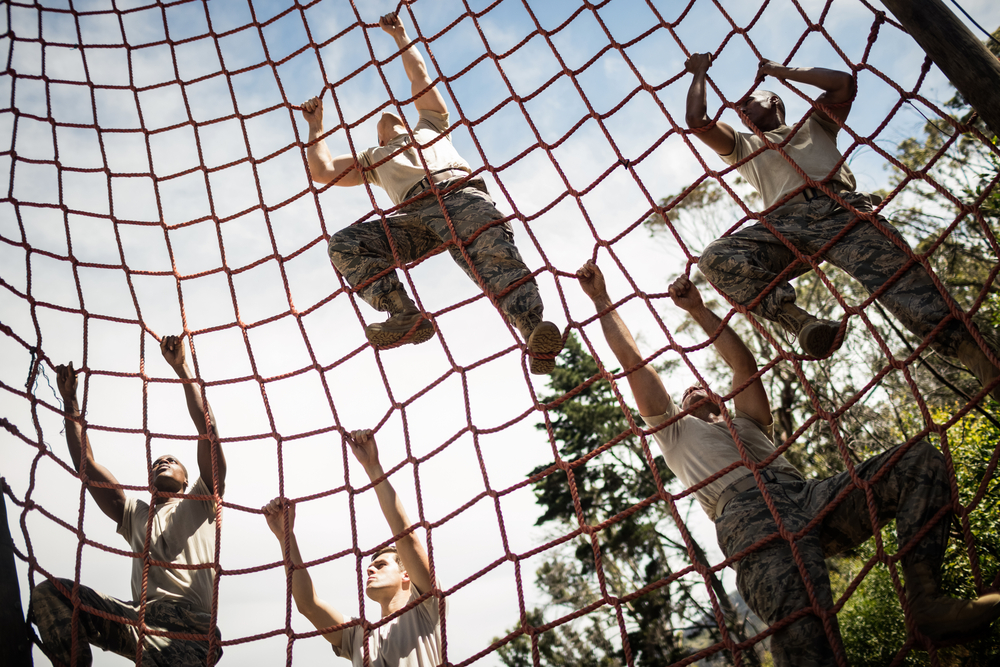Working and interacting with horses is by no means a new trend; in fact, utilizing this type of therapy with horses for issues such as anxiety and depression has occurred for several decades. Though more research needs to be done to delve into the full benefits of this type of therapy, it appears there are multiple ways that engaging with horses can improve aspects of health!
The Science
One particular smaller-scale study done by the Journal of Traumatic Stress in 2015 noted that equine therapy was, in fact, effective for decreasing symptoms of anxiety and post-traumatic stress syndrome.
For six weeks, participants met and engaged with horses once a week for two hours at a time. In the end, symptoms of depression and anxiety decreased. And there was a significant improvement in mindfulness among the participants – even those who may not have been the most comfortable around horses.
Equine therapy isn’t just about riding horses, though. These highly attuned animals also assist with treatment in improving daily living activities, grooming exercises, and even being fed. Whichever treatment path is needed (as determined by an occupational therapist, speech therapist, psychologists, counselors, etc.) will then be the foundation of how horses can be helpful.
Equine Therapy
Horses are very open to human emotion; on the flip side, they’re also big, which can be intimidating. However, if therapy exercises within a facility or classroom aren’t proving to be effective, being in the presence of these gentle giants can open doors to therapy that wouldn’t typically be achieved in another setting.
A certain level of trust and confidence must be present to interact with horses. If participants struggle with these emotions, this can be an excellent outlet to boost confidence – and, therefore, possibly increase the ability to discuss more complicated issues that can accompany conditions like anxiety or depression.
The ability of horses to discern emotion is a powerful one; for example, if a participant in equine therapy is anxious and on edge, the horse will sense that – and possibly step away or not make eye contact.
However, if proper techniques are practiced to decrease that anxiousness, the horse can sense that and begin to come closer. Therapy sessions in and of themselves can be uncomfortable, especially for teenagers….and that’s why an effective practice such as equine therapy is highly sought after.
Bottom Line
By letting your teen interact and engage with horses (whether feeding them, taking riding lessons, participating in general grooming, etc.), they are certainly more likely to calm themselves and focus on the task at hand while increasing the path to more communication and responsibility.
Suppose your teen has never been around horses. In that case, this is also an excellent opportunity to allow them to try something new – even though it might be uncomfortable initially – and let them learn how to channel their efforts and energy into something else.
If you want more information on equine therapy or need more assistance with your teenager, don’t hesitate to contact Help Your Teen Now specialists. Not only can the team help direct your child’s therapy efforts, but they can also assist in building a stronger family connection. Give them a call today!











0 Comments